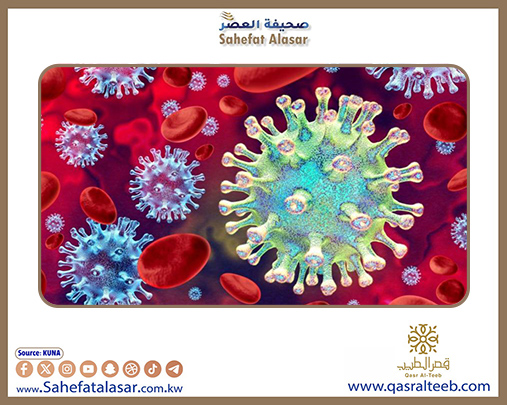


Mohammed VI Foundation for Science and Health in Morocco announced today, Thursday, an unprecedented scientific achievement: the "reprogramming of peripheral blood mononuclear cells into induced pluripotent stem cells (iPSCs)."
In a statement, the Mohammed VI Foundation for Science and Health confirmed that this scientific advancement paves the way for establishing a national platform specialized in cellular reprogramming and differentiation. This will enhance biomedical research, personalized medicine, and the development of innovative treatments for the benefit of public health.
The Director of the "Mohammed VI Center for Research and Innovation" explained that this success reflects the Foundation's commitment to establishing Morocco as a reference hub in medical research and innovation. He indicated that induced pluripotent stem cells are characterized by their ability to differentiate into various types of body cells and their unlimited proliferation, making them a revolutionary tool for developing advanced therapies.
The statement added that this technology opens new horizons for modeling human diseases based on the patient's own cells, testing innovative drugs in an environment closer to the physiological reality, and pioneering regenerative therapies to repair vital tissues such as the heart, brain, liver, and lungs. It also enables the development of modern approaches for immunotherapy against cancers.
The source noted that this achievement, which is currently in the phase of scientific verification and characterization, strengthens Morocco's position as a rising actor in the field of biotechnology. This comes at a time when induced pluripotent stem cells are globally undergoing promising clinical trials for treating degenerative diseases, visual disorders, and serious blood diseases.
